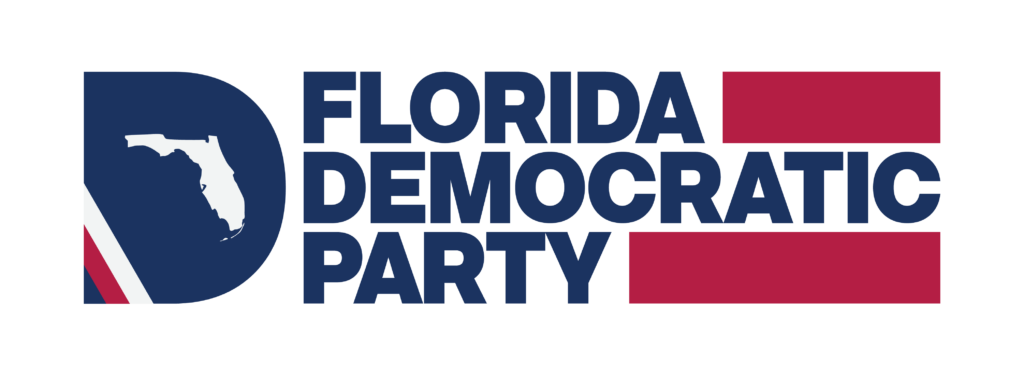In the News
BREAKING: Homestead Exemption Could be a Problem for Mack


Tampa Trib: Homestead exemption could be issue for Mack
By WILLIAM MARCH | The Tampa Tribune
Published: February 21, 2012 Updated: February 21, 2012 – 6:00 AM
When news broke last week that Democratic Sen. Bill Nelson gets a big tax break because of a small herd of cattle grazing on his family’s Brevard County pasture land, his potential Republican opponent, Rep. Connie Mack, called it “appalling” and “disgraceful.”
But Mack may have a property tax issue of his own.
Mack is married to California Republican Rep. Mary Bono, and both have homestead exemptions on their residences – Mack on his Fort Myers condominium, and Bono on her Palm Springs house.
The Florida Constitution says no more than one homestead exemption is allowed to any individual or “family unit,” which means a married couple, said Will Shepherd, general counsel for the Hillsborough County Property Appraiser’s Office.
“Assuming they’re functioning as a married couple, even if they live in those separate residences, then Florida law would say no, you cannot have two homesteads (exemptions),” he said.
But a lawyer for Mack disputed Shepherd’s interpretation of Florida law, saying that because Mack and his wife are “financially independent” and maintain “separate permanent residences” in their respective states, Mack is entitled to a homestead exemption in Florida.
Florida law allows a homeowner who lives in the home to exempt up to $50,000 of its value from property taxes. A home valued at $200,000 would then be assessed only at $150,000.
Mack takes that exemption on his Tamarind Cay condo, assessed for at $141,897. The exemption saves him about $800 a year in taxes, according to documents from the Lee County Property Appraiser’s Office.
At the same time, there’s a $7,000 homestead exemption on Bono’s $1.14 million Palm Springs house.
The two married in 2007; both owned their homes before that.
Shepherd said Florida court rulings have said that in some cases, a couple can have two separate homestead exemptions while still married, but only in cases where the couple are estranged.
“If they’re separated, possibly getting divorced, have no communication, have no social or financial interaction,” they could, he said. Otherwise, “You can’t have two. You have to pick one or the other.”
However, it could be a political problem for either Mack or Bono to declare they don’t have a homestead in the states they represent in Congress.
Craig Engle, Mack’s Washington, D.C., lawyer, said court decisions show a couple don’t have to be legally separated to qualify for two exemptions.
“If spouses are financially independent of each other, hold property separately and do not claim each other as dependents, they’re considered separate individuals,” he said.
By law, Mack and Bono are required to hold separate permanent residences in their states to represent those states in Congress, he noted.
He also noted a 2010 Florida appeals court decision allowing a man to obtain an exemption while his wife had one in New York. The couple were separated.
In that case, the 2{+n}{+d} District Court of Appeal said it made its decision based on “the unique circumstances presented in this case,” where the couple “have no financial connection with and do not provide benefits, income, or support to each other.”
Asked whether that’s the case with Mack and Bono, Engle said it was.
Questions have been raised before about Mack’s residence, focusing on an affidavit filed by his former wife in their 2005 divorce case.
In that affidavit, she contended they didn’t really live in the Fort Myers condo. She called it “a stake in the sand,” bought for political purposes when he ran for Congress from the 14th District, which his father, Connie Mack III, had represented before being elected to the Senate.
Mack had previously lived in the Fort Lauderdale area, which he represented in the state House.
Mack has been leading in polls for the GOP nomination for Senate, with George LeMieux and Mike McCalister also in the race. The winner will run against Nelson in November.
Last week news stories highlighted a “greenbelt” or agricultural exemption on property Nelson owns on 55 acres of pasture land along the Indian River in Brevard County.
Nelson gets the exemption because he leases the land to a cattle company, which grazes a small herd of some half-dozen cows there.
Such exemptions are common but occasionally have been controversial, with allegations that some property owners planning to develop land plant a few trees or allow a few animals to graze on it to qualify for huge tax breaks.
The exemption cuts the value of Nelson’s land from $2.7 million to $210,000, according to news reports which his spokesman did not dispute, saving him some $43,000 last year in property taxes.
But the spokesman, Dan McLaughlin, said in Nelson’s case, the exemption is fulfilling its intended purpose of allowing a property owner to preserve undeveloped “old Florida” agricultural land.
McLaughlin said the land is the family homestead, bought by his father in 1924, where Nelson grew up.
“He could have sold that land many times and made millions, but has foregone that to keep it an open pasture tract, so he can leave it that way to his children,” McLaughlin said.
“It’s what the law is aimed at, preserving old Florida and giving someone with agricultural land an incentive to keep it that way rather than cashing in with developers.”
Mack wasn’t impressed.
In a news release, he called the exemption “appalling, disgraceful, and everything Floridians loathe about limousine liberals,” and accused Nelson of “astonishing hypocrisy.”
“Senator Nelson has made a career in the U.S. Senate based on recklessly spending other peoples’ money … even while manipulating the system to line his own pockets,” Mack said in the news release.
He released a campaign video with a cartoon of singing cows mocking Nelson.


